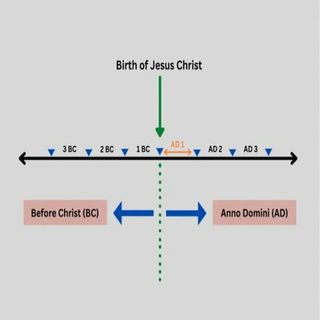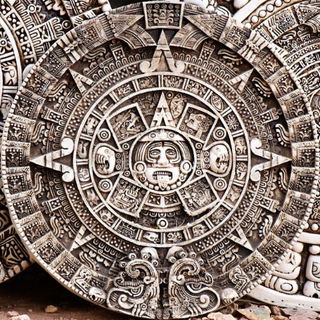Monday is the first day of the week according to international standards for the representation of dates and times, ISO 8601.
However, many places and cultures start the week on Sunday. This variation between cultures can be for a range of reasons, and often religion has played a part in society's perception of where to start the week.

Why Sunday is Called the First Day of the Week
In parts of the world such as The United States, The United Kingdom, and Canada, many people consider Sunday to be the start of the week. There are both religious and secular reasons behind this. For those of Christian faith, Sunday is the most important day of the week, the day when churches gather and many congregations have Mass/Communion together. For others, Sunday is a day off to recharge the batteries and prepare for work on Monday
In the Bible, God rested on the seventh day, or the Sabbath (Saturday), after creating the Earth:
"Then God blessed the seventh day and made it holy, because on it he rested from all the work of creating that he had done."
NIV (Genesis 2:3)
Since Jews and Christians believe that it is the seventh day when God rested, it stands to reason that Sunday is considered the first day of the following week.
The Bible also refers to Sunday being the first day of the week. One example is the story of Jesus' resurrection on what we now call Easter Sunday, in the Bible the passage begins 'Early on the first day of the week':
"Early on the first day of the week, while it was still dark, Mary Magdalene went to the tomb and saw that the stone had been removed from the entrance."NIV (John 20:1)
Sunday is also known as The Lord's Day and in some early Christian literature is referred to as The Eighth Day.
The Value of Sunday
Sunday is only an important day to those of the Christian faith. Saturday, The Sabbath, is more important in Judaism. For Muslims, Friday is the most important day, as that is when believers meet in congregations to pray, or 'Youm Jumu'ah'.
Sunday has not always been the most important day of the week in Christianity. Early Christians kept their religious practices in line with Judaism, which meant observing the Sabbath, 'remembering' it, and keeping it holy.
At some point in time, Christians changed their day of worship from Saturday to Sunday. Some clues to this change can be found in some early Christian writing such as Justin Martyr who was born in 100AD. In his work 'Apologies and Dialogue with Trypho' he writes about the need for a new day of celebration. He describes Sunday as the logical choice since Christ's resurrection was on a Sunday, it commemorated the first day of creation, and the day, in Martyr's words, "possesses a certain mysterious import,".
With the change of days and a dedication to worship on a Sunday, Christians also took the core principle of rest, which is at the heart of the Sabbath, and Sunday became known as a Christian day of rest.
In many parts of the work, including The United Kingdom and other parts of Europe businesses have distinct shopping hours, and in some cases, businesses are not allowed to stay open on Sundays.
Why Monday is the First Day of the Week
With the rise of industrialization, a shift occurred in how people measured their days, particularly with the establishment of the five-day working week that begins on Monday. In 1878, the term "weekend" was coined to refer to the period between the close of one business/school week and the beginning of the next, specifically including Saturday and Sunday.
This cultural change, mostly observed in European countries, likely influenced the decision to designate Monday as the first day of the week in ISO 8601, a standard for date and time representation.
In many parts of Europe, Monday is widely accepted as the first day of the week. However, in the United States, Sunday continues to be regarded as the first day of the week, while Monday marks the beginning of the working week.
The First Day of the Week in the Gregorian Calendar
The Gregorian calendar, which is the most widely used calendar worldwide, including in the United States, adheres to the international standard for the representation of dates and times established in 2004.
According to ISO 8601:2004, the Gregorian calendar consists of 52 or 53 seven-day weeks, and Monday is designated as the first day of the week. This standardization was intended to facilitate consistency in the measurement of dates and times across different countries and cultures. However, it's worth noting that countries like the United States and Canada still maintain their own formatting systems, even though they utilize the Gregorian Calendar.
How ISO Helps Us Understand Time
The ISO (International Organization for Standardization) 8601 is a globally recognized format for date and time representation. It is essential in the management of time formats for the following reasons:
- It defines the specific notation that we all recognize (YYYY-MM-DD). It also provides formats for time zones and durations.
- Since its initial release in 1988, the ISO 8601 format has become universally recognized and understood.
- The ISO 8601 format is invaluable in preventing confusion and ensuring consistency when handling date and time data in various applications and software.
Learn more about The Gregorian Calendar and How Many Weeks are in a Year.











